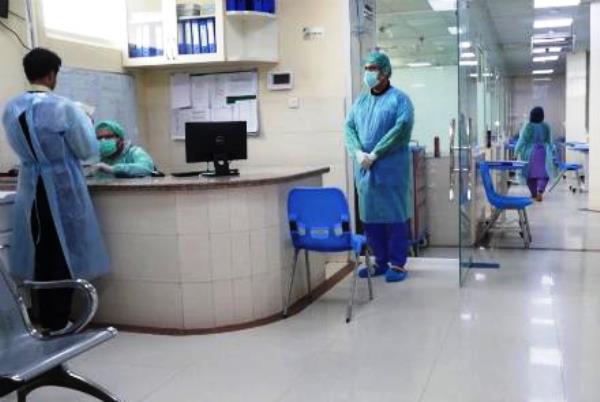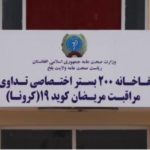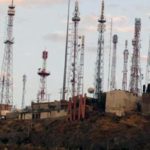Raising the alarm about the increasing spread of the coronavirus in the country, the Public Health Minister Ferozuddin Feroz on Saturday said the COVID-19 testing centers are faced with a shortage of RNA extraction supplies –the standard available test–which poses a new challenge in the effort to fight the coronavirus.
Other parts of the world are also faced with such a problem, the minister said, adding that there are 40,000 testing kits to gather samples, but a low number of RNA extraction kits, which are necessary for the lab to evaluate the samples.
“It is scarce globally,” Feroz said, referring to RNA extraction kits, adding “we have testing kits for 50,000 to 60,000 people but the RNA extraction kits are not enough.”
But the minister stated that talks are being held with Chinese and Japanese officials, about the issue.
“Lately, the World Health Organization has provided some assistance– part of which includes some testing kits being sent to Kandahar, Herat and Kabul, but along with this we are in search of alternative ways,” said Wahid Mayar, a spokesman for the Ministry of Public Health.
This comes as the Afghan-Japan hospital in Kabul, the only COVID-19 center in the city, halted taking samples for COVID-19 tests following an overload of tests at the center. The samples, according to sources, require a few days to be tested, which, physicians say, is affecting the results of the tests.
“It takes two to three days for a sample to be sent to the lab. This removes the virus and turns the result either negative or it reduces the sensitivity of the sample. As a result, it produces a vague result or produces a pseudo-negative result,” said Sayed Samim Rahpaya, a university lecturer.
The ministry on Saturday reported 27 new cases of the coronavirus, bringing the total to 933.
A 200-bed center was also opened at Darulaman Palace as part of efforts to isolate COVID-19 patients. The public health minister said over 10,000 beds will be prepared in Kabul and 100,000 beds countrywide.













